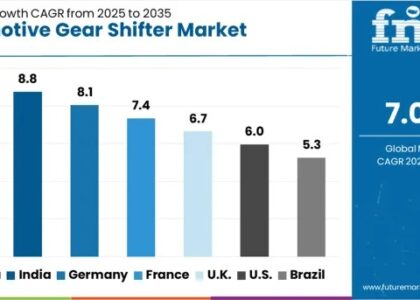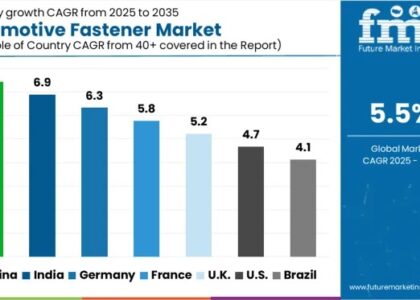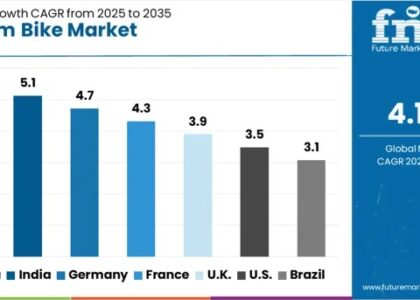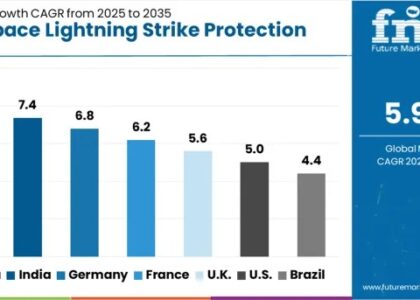The e-commerce market refers to the buying and selling of goods or services over the Internet. It encompasses a wide range of activities, from online retail stores to digital marketplaces. E-commerce has experienced rapid growth due to factors such as convenience, accessibility, and technological advancements. It has transformed the way businesses operate and how consumers shop, leading to significant changes in the global economy.
In the digital age, the e-commerce industry stands as a cornerstone of modern business. Its evolution has reshaped consumer behavior, revolutionizing the way we shop and interact with brands. In this blog, we delve into the multifaceted world of e-commerce, exploring its growth, challenges, and future prospects.
- The Rise of E-commerce:
E-commerce has witnessed unprecedented growth over the past two decades. With the advent of the internet and technological advancements, online shopping has become increasingly convenient and accessible. From retail giants to small businesses, everyone is capitalizing on the vast opportunities presented by the digital marketplace.
- Key Drivers of E-Commerce:
Several factors have fueled the expansion of the e-commerce industry. The proliferation of smartphones and internet connectivity has enabled seamless shopping experiences on the go. Additionally, the prevalence of social media and digital marketing strategies has facilitated targeted advertising, reaching consumers with precision.
- Changing Consumer Behavior:
The shift towards e-commerce is fundamentally altering consumer behavior. Today’s shoppers value convenience, variety, and competitive pricing. With just a few clicks, they can compare products, read reviews, and make purchases from the comfort of their homes. This shift has prompted brick-and-mortar retailers to adapt or risk becoming obsolete. - Challenges and Opportunities:
Despite its remarkable growth, the e-commerce industry is not without its challenges. Cybersecurity threats, logistical complexities, and fierce competition pose significant hurdles for businesses operating in this space. However, with challenges come opportunities for innovation and growth. Companies that embrace emerging technologies and prioritize customer experience are poised to thrive in this dynamic landscape.
- The Role of Artificial Intelligence:
Artificial Intelligence (AI) is playing an increasingly integral role in e-commerce operations. From personalized recommendations to chatbots handling customer inquiries, AI-powered solutions enhance efficiency and customer satisfaction. Moreover, data analytics driven by AI enable businesses to gain valuable insights into consumer behavior, empowering them to make data-driven decisions.
- Sustainability and Ethical Practices:
In recent years, there has been a growing emphasis on sustainability and ethical practices within the e-commerce industry. Consumers are becoming more conscious of the environmental and social impact of their purchasing decisions. As a result, businesses are under pressure to adopt eco-friendly initiatives, reduce carbon footprints, and ensure ethical supply chains.
- The Future of E-Commerce:
Looking ahead, the e-commerce industry shows no signs of slowing down. With advancements in technology, such as virtual reality and augmented reality, the online shopping experience is set to become even more immersive and interactive. Moreover, the emergence of new markets and demographic shifts will further fuel the expansion of e-commerce on a global scale.
Request for a Sample of this Research Report:
https://www.futuremarketinsights.com/reports/sample/rep-gb-12993
According to a report by Future Market Insights, the e-commerce industry is projected to reach a staggering US$ 11.5 trillion in 2023, with a steady growth rate of 19% annually. Looking ahead, by 2033, experts predict the market will be valued at an impressive US$ 65.5 trillion.
North America leads the charge as the swiftest expanding e-commerce market for FMCG (Fast Moving Consumer Goods), thanks to its widespread internet access. Following closely behind, East Asia is expected to see significant growth in sales. This is attributed to the surge of startups and small enterprises in the region, fueling the e-commerce boom for FMCG products. Together, North America and East Asia account for approximately half of the global FMCG e-commerce market share.





